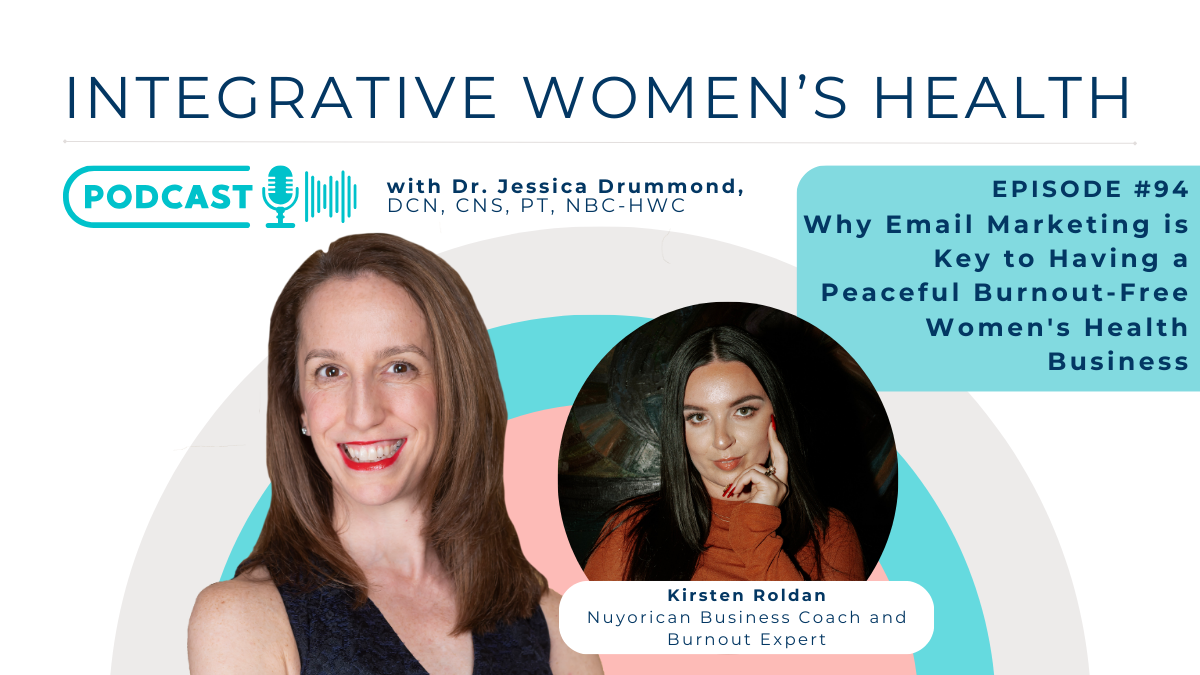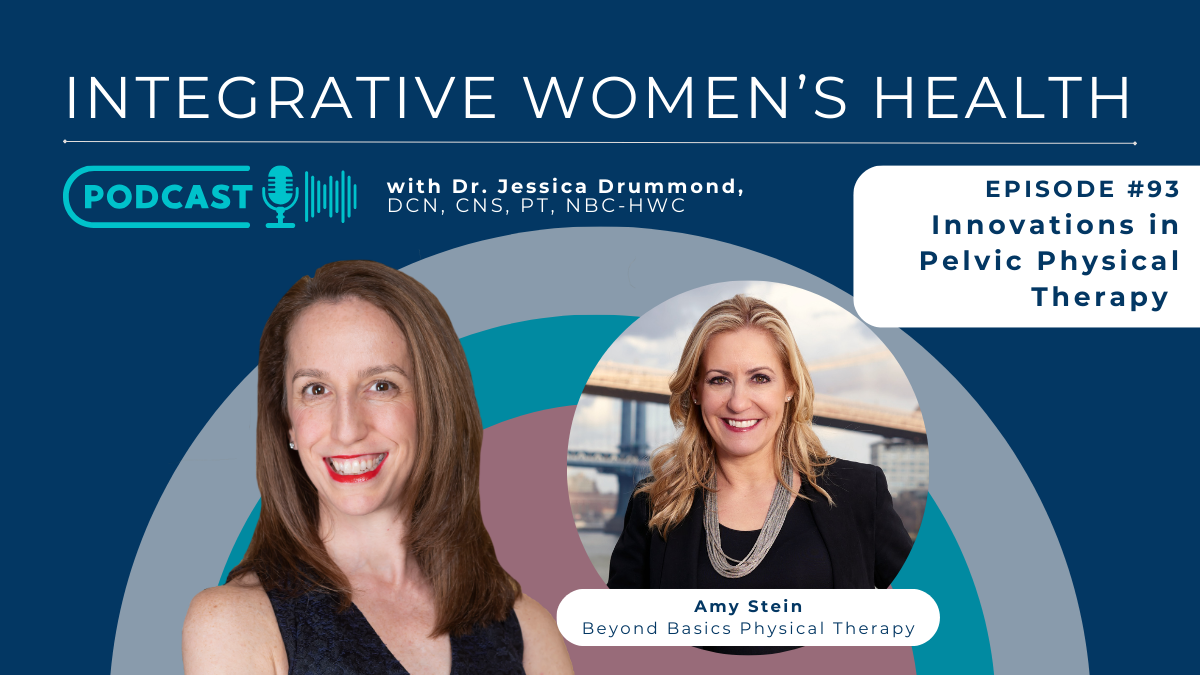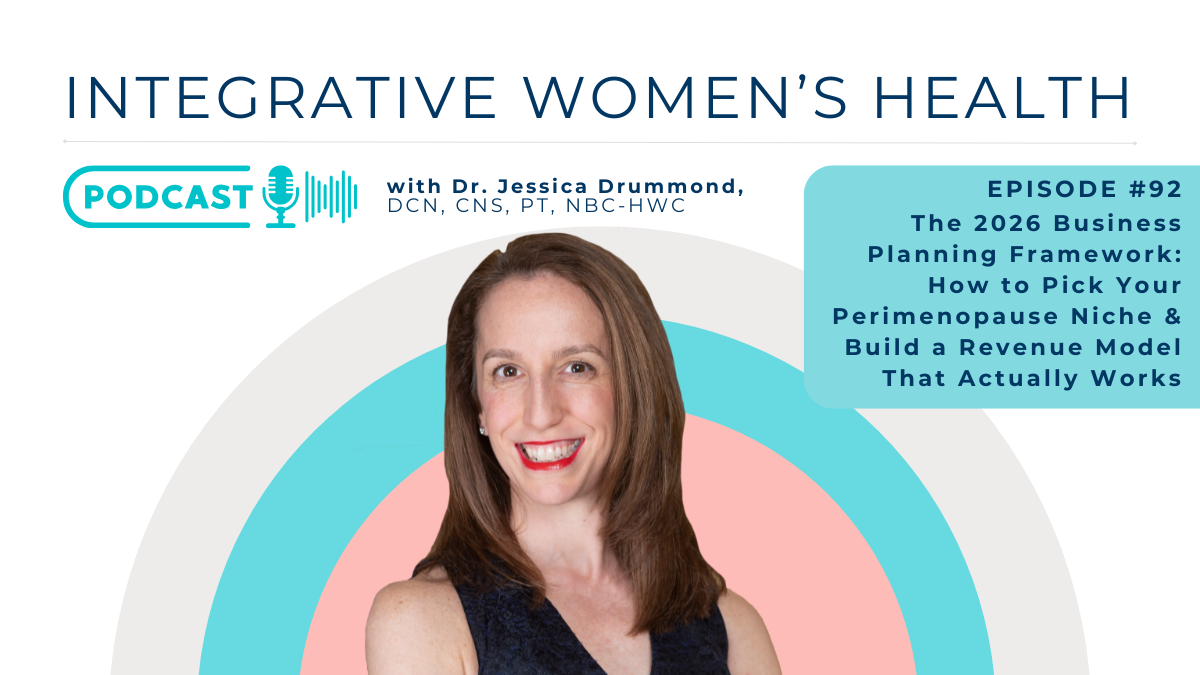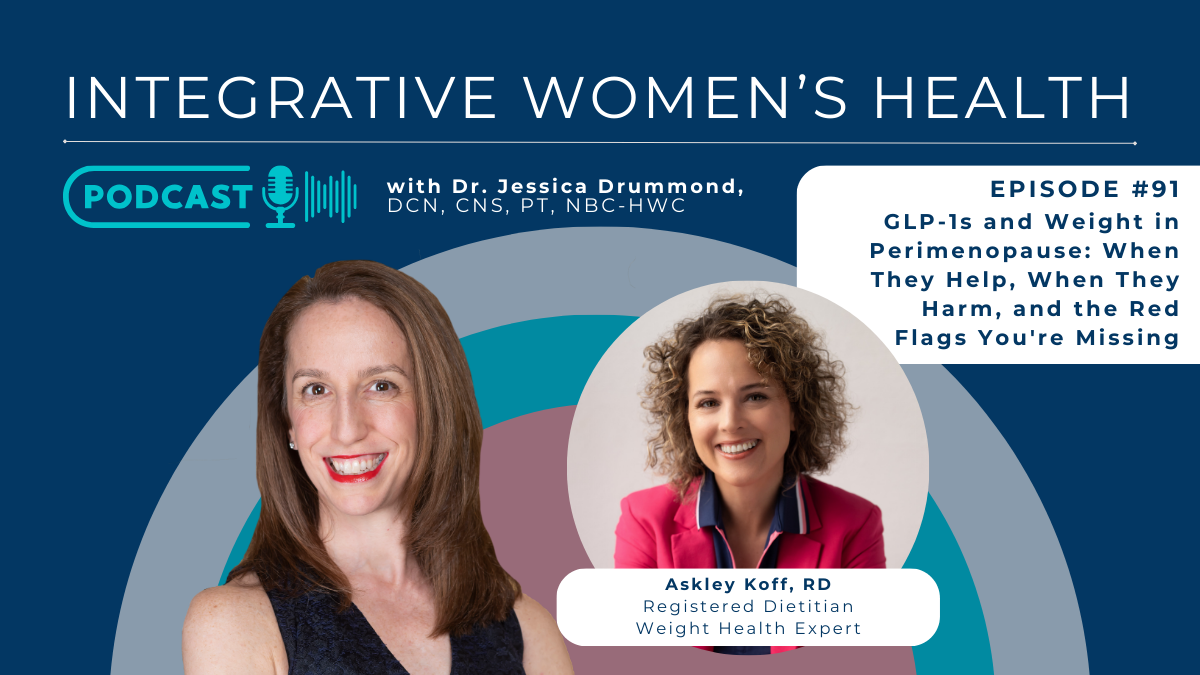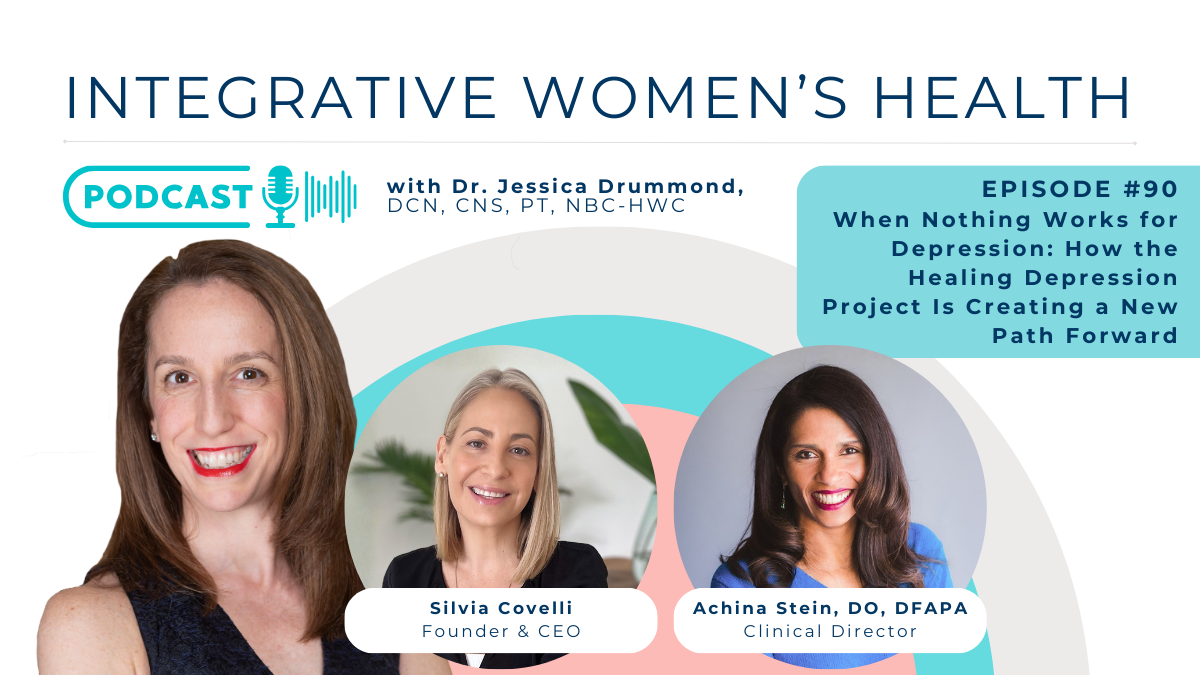If your clients (or you) experience impostor syndrome, you are not alone.
Coined in 1978, the term “impostor phenomenon” is used to designate an internal experience of intellectual phoniness that appears to be particularly prevalent and intense among a select sample of high achieving women.1
What kinds of people have imposter syndrome?
Despite objective evidence of academic, professional, and other accomplishments, people struggling with imposter syndrome believe that they are not as smart, successful, or competent as others believe that they are, and that they have simply fooled anyone who thinks otherwise.
Bringing attention to the objective evidence of one’s knowledge, markers of success, or competence does not change this belief.
If presenting objective evidence to the contrary does not improve imposter syndrome, how can health coaches help their clients who struggle with imposter syndrome?
It’s often a myth in health coaching that if our clients simply gain more knowledge or objective evidence that they will change their thoughts and behaviors. Unfortunately, this is usually not the case. Knowing more facts generally does not lead to change.
Let me give you an example:
Your client is not getting adequate sleep. Thus, you decide that you need to educate her on the benefits of going to bed earlier. Usually, this is not the real problem. It’s far more likely that your client already knows that going to bed earlier will help her sleep quantity and quality. We can reinforce this knowledge and understanding, but ultimately to help her we have to figure out the root of why she is staying up so late and address that?
- Does she not get enough quiet time during the day, so she cherishes the quiet when everyone else is asleep?
- Does she have difficulty falling asleep due to anxious thoughts?
- Does her work schedule keep her up late, and she is unable to change her work schedule due to a financial crisis?
As you can see, knowing what to do, and being able and willing to make those changes in our daily health and life behaviors are two very different things.
What are some ways one can remedy imposter syndrome?
First, consider if impostor syndrome is an issue that you’re grappling with yourself?
Ask yourself a powerful question…
Do I know enough already to move in the direction of my goal and there is a gap in my action taking, or is there truly a knowledge gap?
If there is a knowledge gap, then getting more education will be helpful to move forward. But, in many cases the issue is actually a fear that is standing in the way of taking action due to this internalized sensation of not being ready/ skilled/ experienced/ talented enough.
If there is the true knowledge gap, then education is the answer.
But, even if there is a true knowledge gap, the knowledge must be combined with action, and this is where impostor syndrome limits our clients and ourselves.
How can ‘imposter syndrome’ be a key to your success?
Our lack of belief in our abilities can be used to catapult us to the next level of health or success if we use it as an opportunity to take a few key actions.
- Challenge your client (or yourself) to pause and take stock of your well of knowledge and experience in the area in which you’re struggling. For example, what does she already know about organizing her time that helped her to successfully make a change in another area (such as in her career success) that she could now apply to making changes in her meal planning? Pausing to reflect on successes in other areas of her life can help to guide her next steps towards her current health goal.
- Once your client has identified her well of knowledge and experience and how she used that knowledge in another domain of her life, ask her what support she has to implement that same strategy towards her health goal.
Often we are not limited by knowledge or even strategies for action taking, but by lack of support from our family, friends, or healthcare professionals.
Coaching and community are the secret sauce to overcoming impostor syndrome. When you surround yourself with a coach and a community of people who see what’s possible for you (before you might even believe it yourself), it’s easier to visualize and take action towards your health coach.
For your client, you might be the only person in her life whose focus is on keeping her accountable to her health goal.
What health coaches can do to help a client break through imposter syndrome?
- Patiently hold the space for your client to define her health goal. Challenge her with powerful questions to support her to be clear, detailed, and specific when defining her next goal. Don’t rush this. Visualization of what she wants to achieve, and how she will know that she’s achieved it are all essential components of creating a vision for her success.
- Explore the wisdom and experience that she already has to help her to reach this goal. Does she already know how to cook? Had a bedtime routine that helped her to feel rested before she had children?
- Consider wisdom or experience from other domains of life that helped her to achieve goals in other areas. Does she already know how to manage a busy work schedule to include exercise when she’s traveling, but doesn’t seem to be able to fit it in when she’s home?
- Hold her accountable to implementing her daily and weekly goals with skilled coaching strategies.
- Collaborate with her to create and connect with the support systems that she will need to stay motivated.
- Celebrate her success every step of the way to help her to internalize her belief in her ability to set and achieve the goals that are important to her.
As you can see, imposter syndrome is a common challenge for people wanting to change their health behaviors and even for us, their coaches! Navigating these 6 steps is key to overcoming imposter syndrome and even using it to accelerate your client’s momentum towards better health!
Reference:
Clance PR, Imes SA. The imposter phenomenon in high achieving women: Dynamics and therapeutic intervention. Group Dyn. 1978;15(3):241-247. doi:10.1037/h0086006


